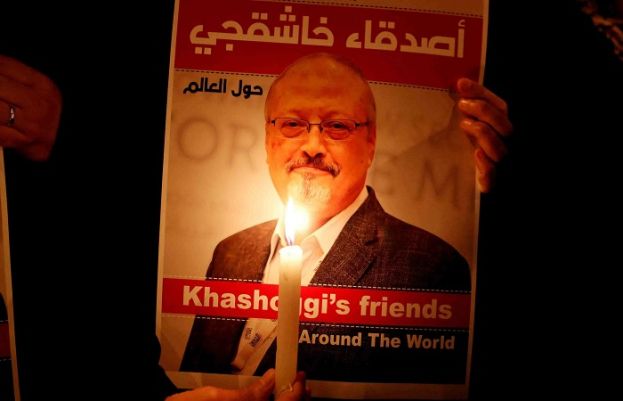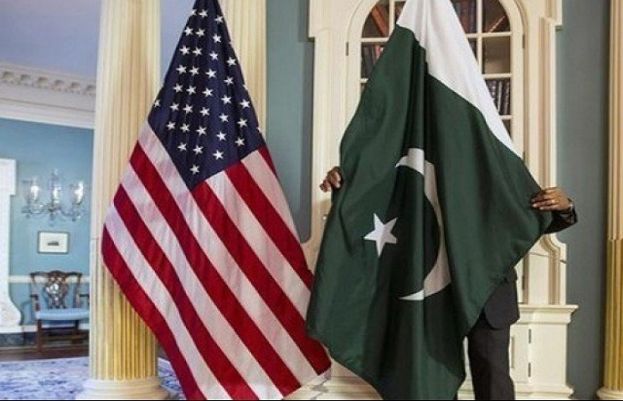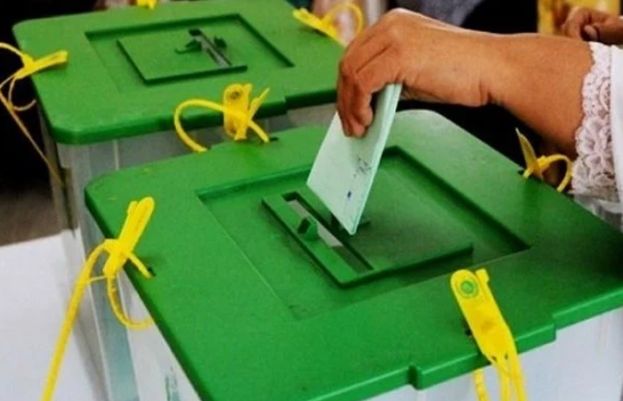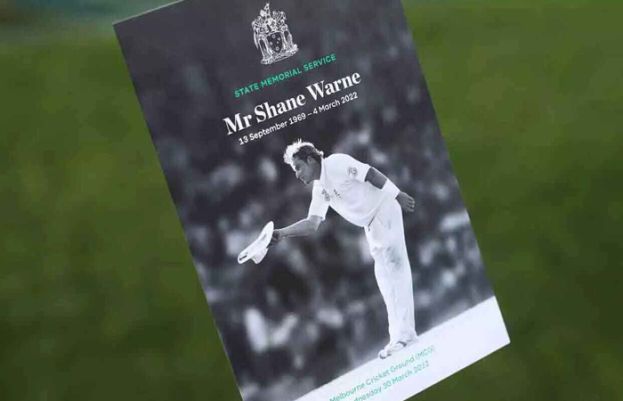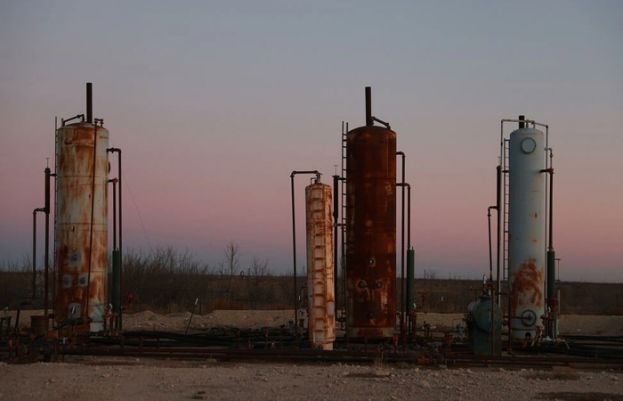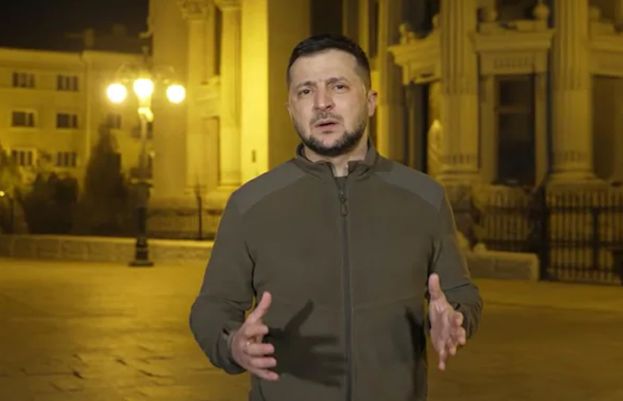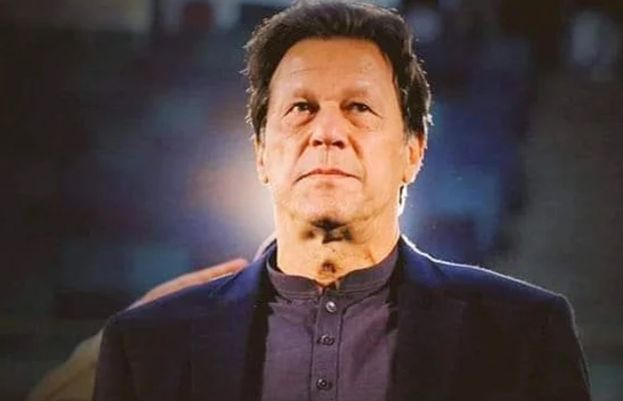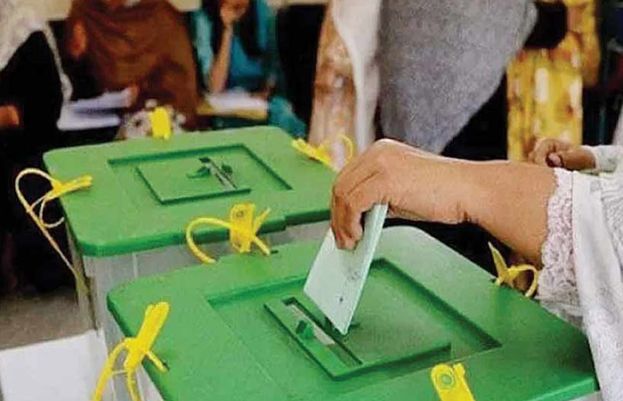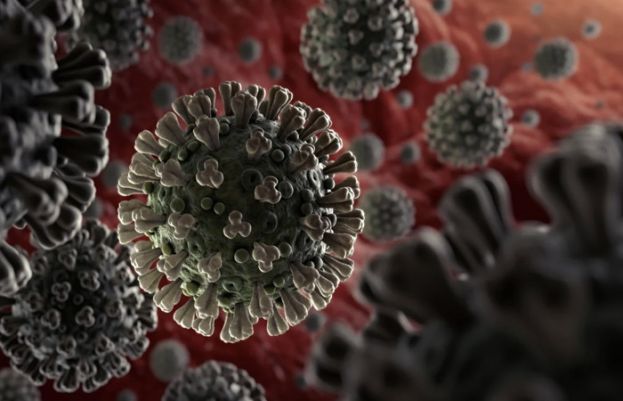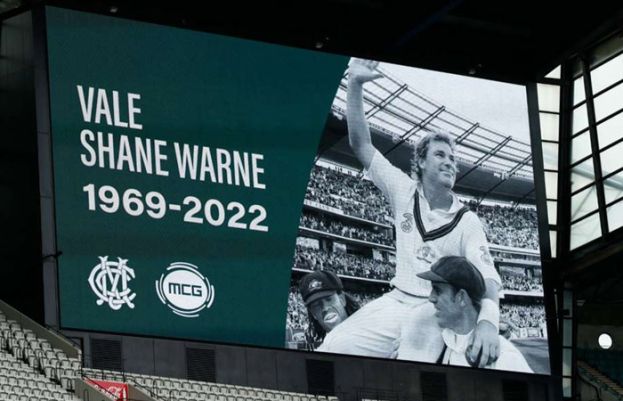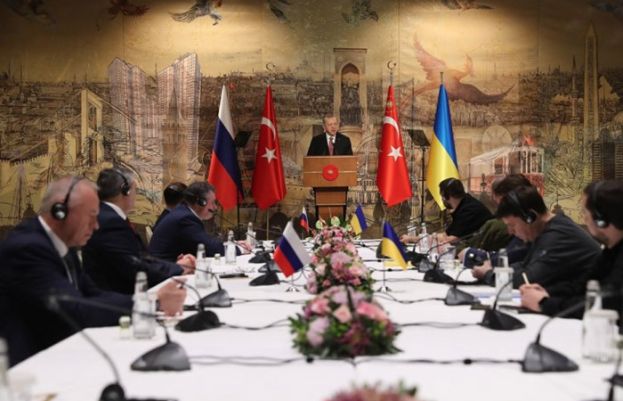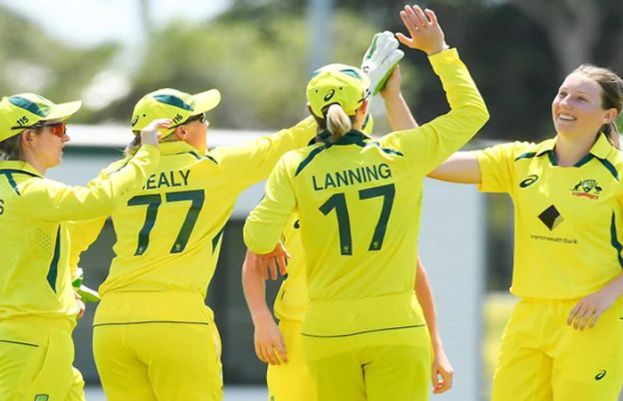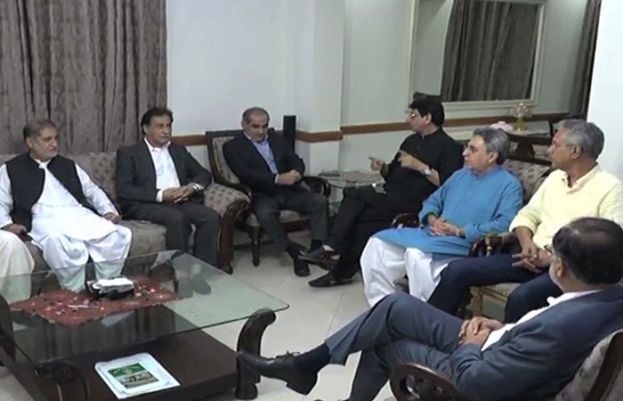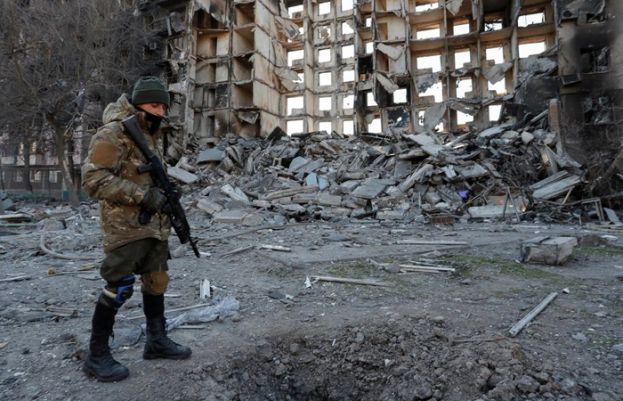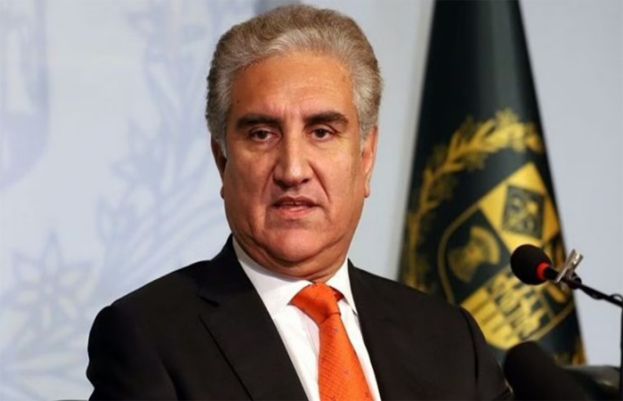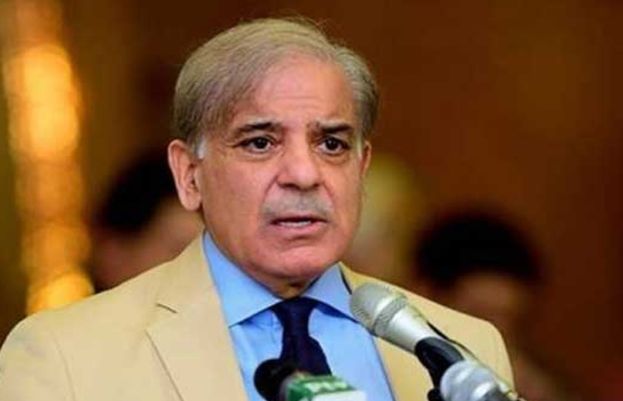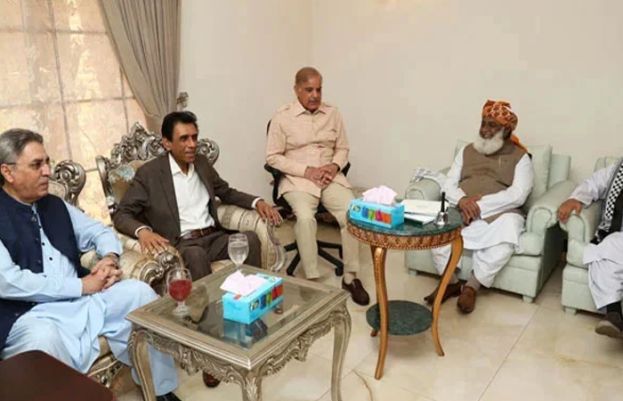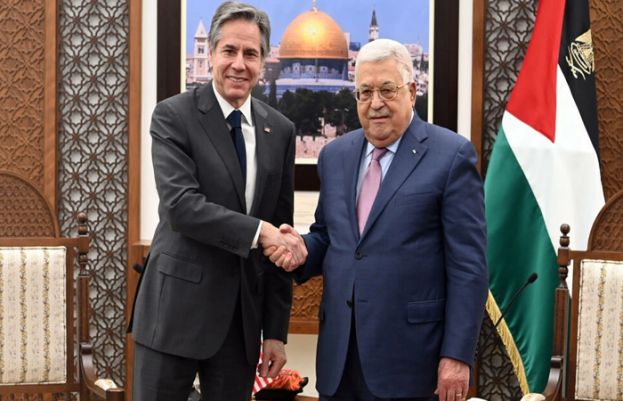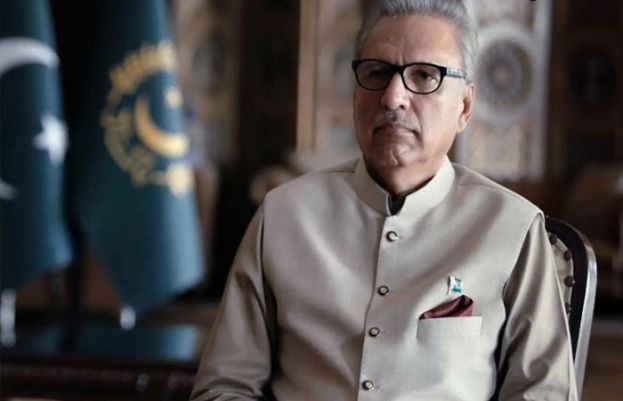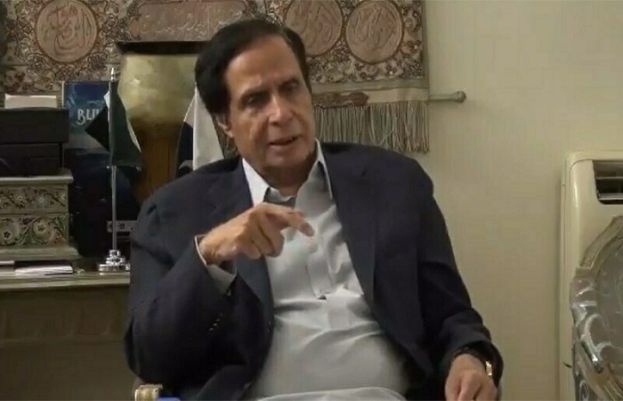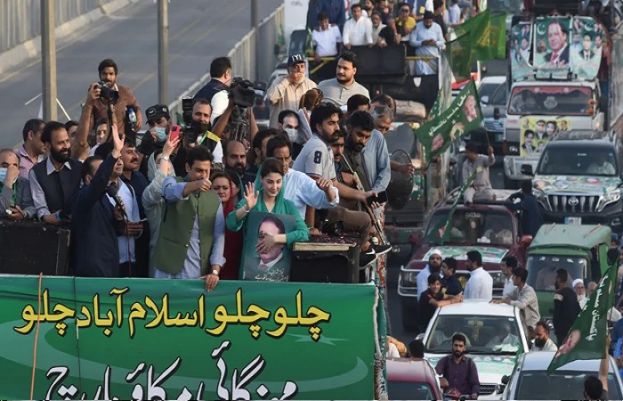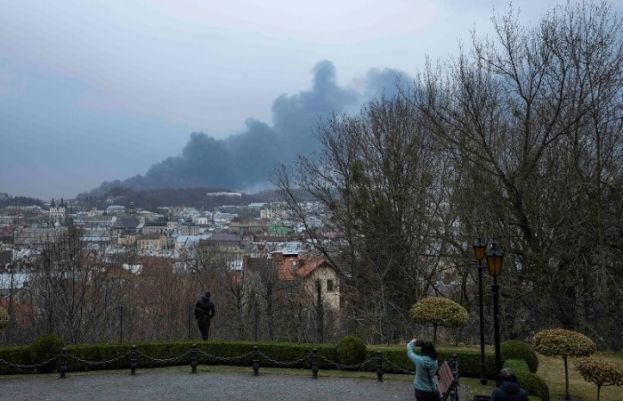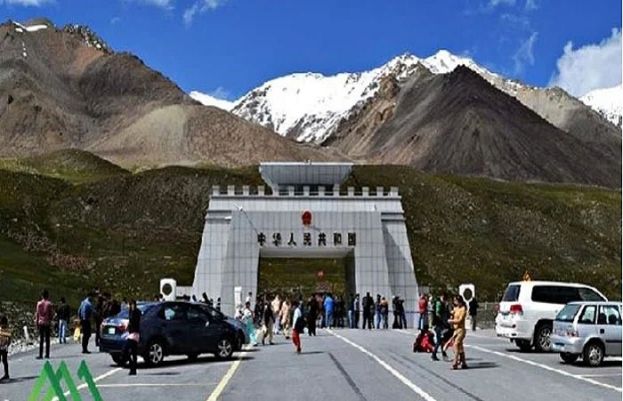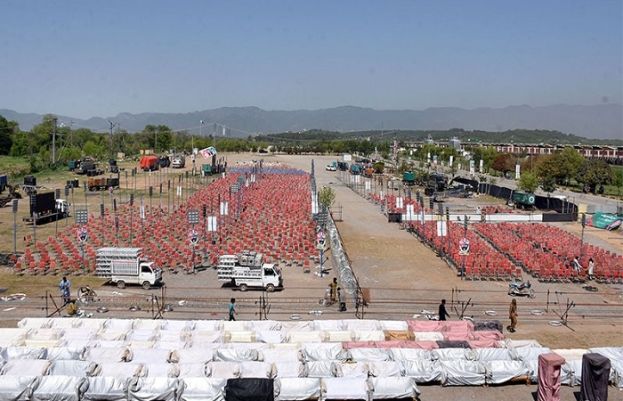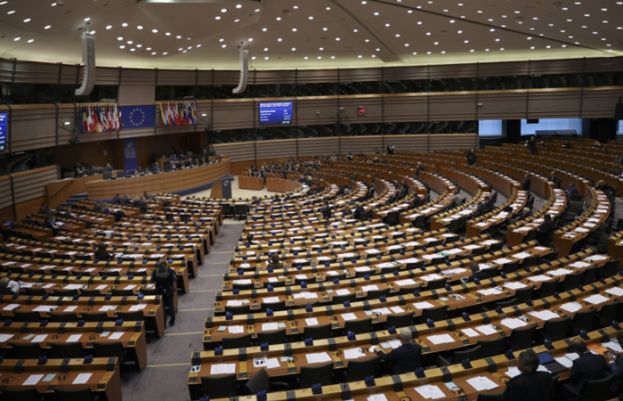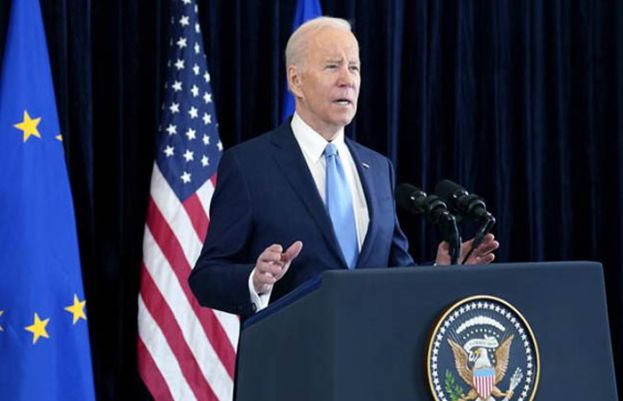
On the other hand, two persons were killed and several others injured in various incidents of poll-related violence.
Polling was held for the slots of chairmen and mayors of 65 tehsil councils.
According to early results of 50 tehsil councils that were available by late Thursday night, PTI appeared to be leading on a number of seats. However, results of the remaining 15 councils could not be obtained due to communication issues as these areas were mostly far-flung and mountainous.
According to unofficial results, the Jamiat Ulemae Islam-Fazl (JUI-F) and Jamaat-i-Islami (JI) candidates were leading in seven and six tehsils, respectively.
Similarly, independent candidates were ahead in five of the tehsil councils, followed by three candidates of Pakistan Peoples Party (PPP), two each of Pakistan Muslim League-Nawaz (PML-N) and Awami National Party (ANP) and one candidate each of Tehreek-i-Islahat Pakistan, Majlis Wahdatul Muslimeen and National Democratic Movement.
PTI seemed poised to win in Khyber Pakhtunkhwa Chief Minister Mahmood Khan’s native Swat district, as six of the party candidates were leading in seven tehsil councils while JUI-F was ahead in one.
The chief minister’s brother, Abdullah Khan, was winning in his ancestral Matta tehsil.
The PTI was also performing well in Upper Dir where it was leading in four of the six tehsil councils while JI and PPP were winning in the remaining two.
Jamaat-i-Islami, which had suffered a setback in the 2018 general elections in one of its strongholds of Lower Dir, appeared to be gaining lost ground as four of its candidates were leading in seven tehsil councils.
In Mansehra district, PTI was winning in three of the five tehsil councils.
On the other hand, the performance of JUI-F, which had emerged as the largest party in the first phase of the local bodies elections by winning 23 of the 66 tehsil councils, remained unimpressive.
Its candidates were leading in two of the tehsil councils in Kurram districts and one each in Swat, Lower Dir, Battagram and Torghar.
In the first phase of the polls on December 19, 2021 in 17 districts of the province, JUI-F had bagged 23 slots of mayor/chairman of tehsil councils while PTI trailed behind with 18 seats.
Independent candidates remained successful on 10 seats of tehsil council chairman/mayor, whereas ANP had won seven seats. Three seats were won by PML-N, two seats each by JI and Tehreek-i-Islahat Pakistan and one by PPP.
Meanwhile, at least two persons were killed and several others injured during polling on Thursday. Though the election remained largely peaceful, sporadic incidents of violence were reported in some areas.
In Abbottabad district, a scuffle at a women polling station in Baghdara left one person dead and four injured, whereas in Torghar district, clash between two groups over the issue of casting of votes claimed one life in Dore Mera area.
Seven people were injured in another clash in Jandar Bari village of Galiyat.
In other poll-related incidents, unknown gunmen kidnapped polling staff and a police guard and also took away ballot boxes in Shawal area of the militancy-ravaged South Waziristan district. In Azam Warsak area, people set fire to ballot boxes while polling was suspended in Wana for some time.
Not a single vote was cast at a female polling station in Swegalai in Kabal tehsil and at three female polling stations in Miandam, Jukhtai and Kasono in Swat’s Miandam tehsil.
The districts where polling was held were Abbottabad, Mansehra, Battagram, Torghar, Kohistan Upper, Kohistan Lower, Kolai-Palas, Swat, Malakand, Shangla, Lower and Upper Dir, Upper and Lower Chitral, Kurram, Orakzai and North and South Waziristan districts.
According to the Election Commission of Pakistan (ECP), elections for mayor and chairmen slots were held in 65 city and tehsil councils as well as for various seats of 1,830 village and neighbourhood councils.
A total of 28,020 candidates were in the run, out of whom 651 contested for the seats of city and tehsil council mayors and chairmen.
Besides, 12,980 candidates were vying for the general seats of village and neighbourhood councils, 2,668 for reserved seats for women, 6,451 for peasants, 5,213 for youth and 57 for minority seats.
